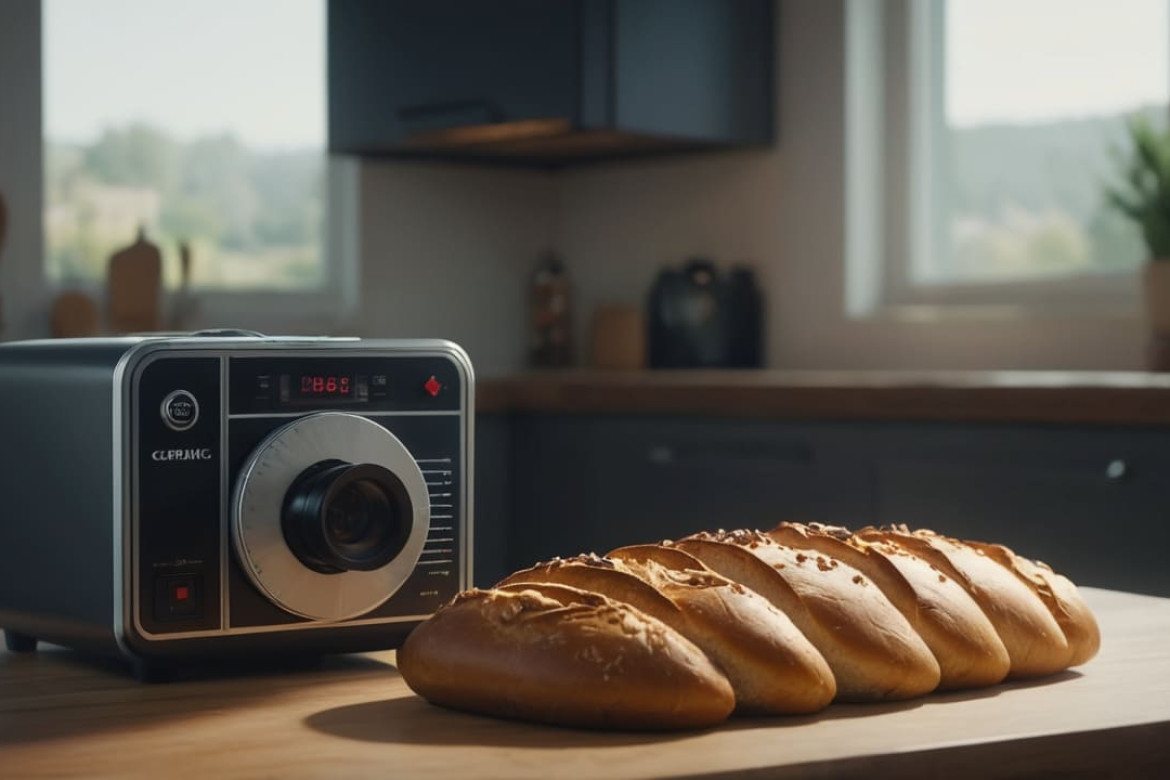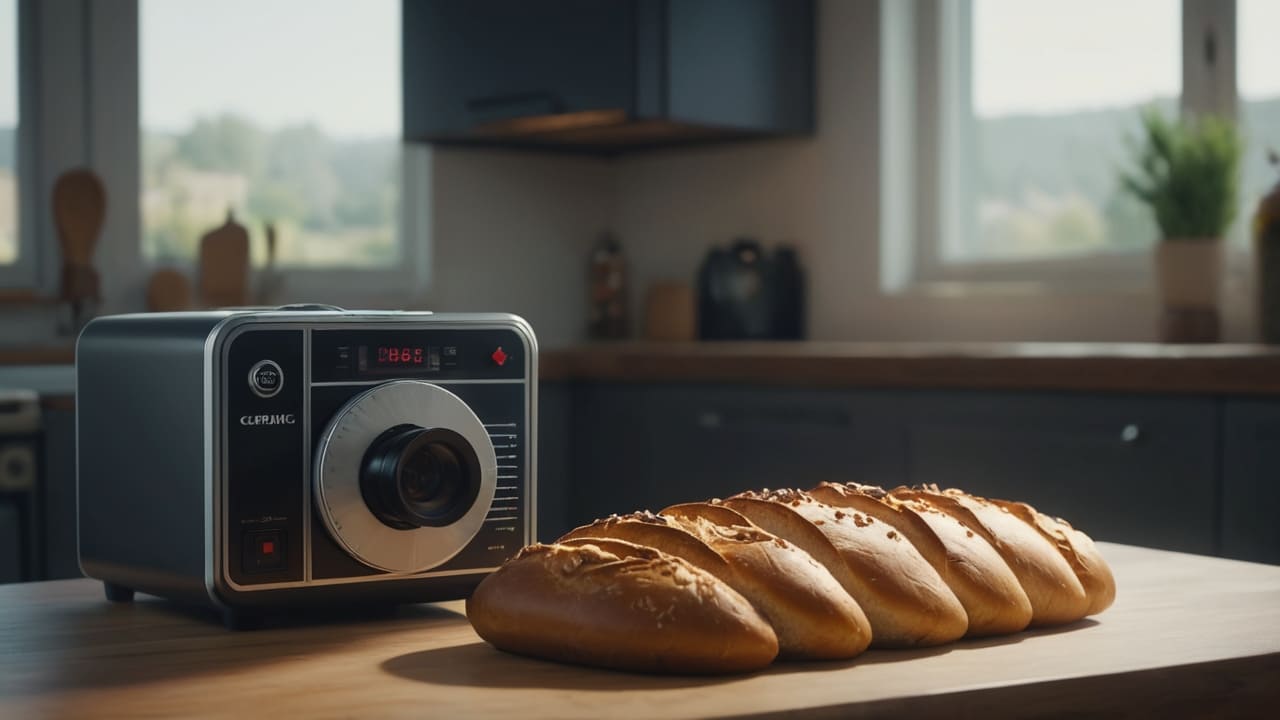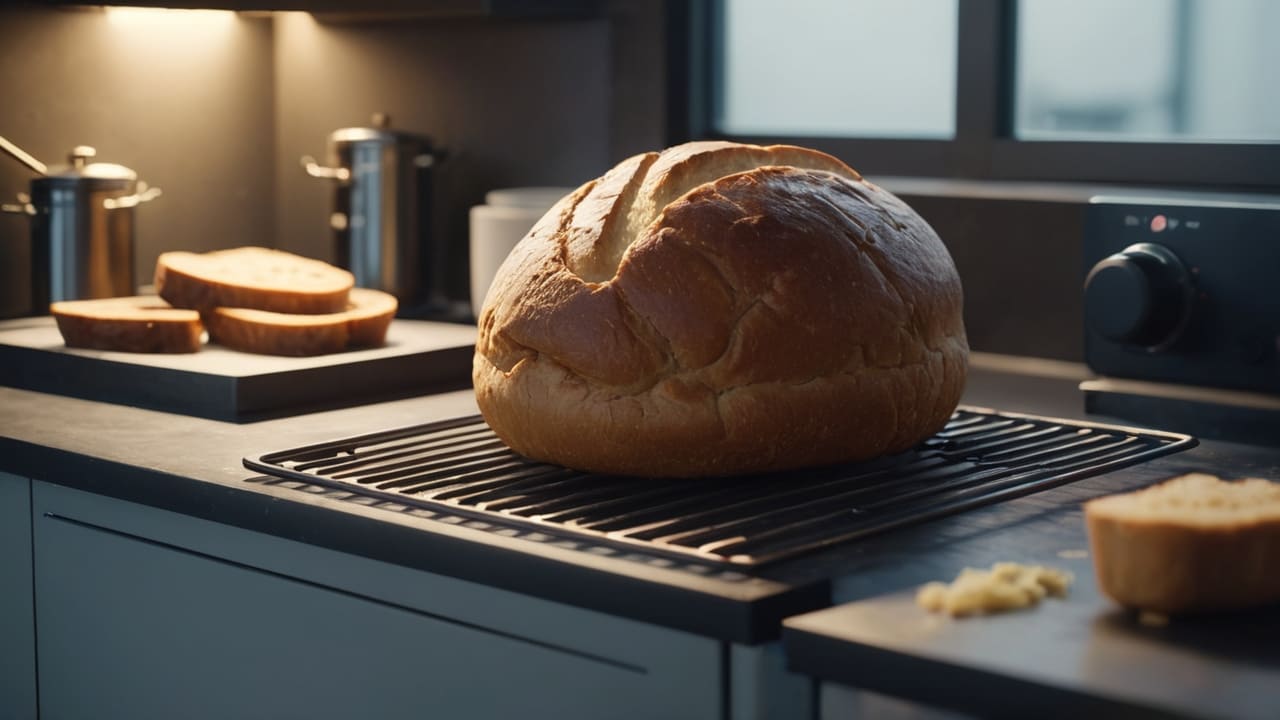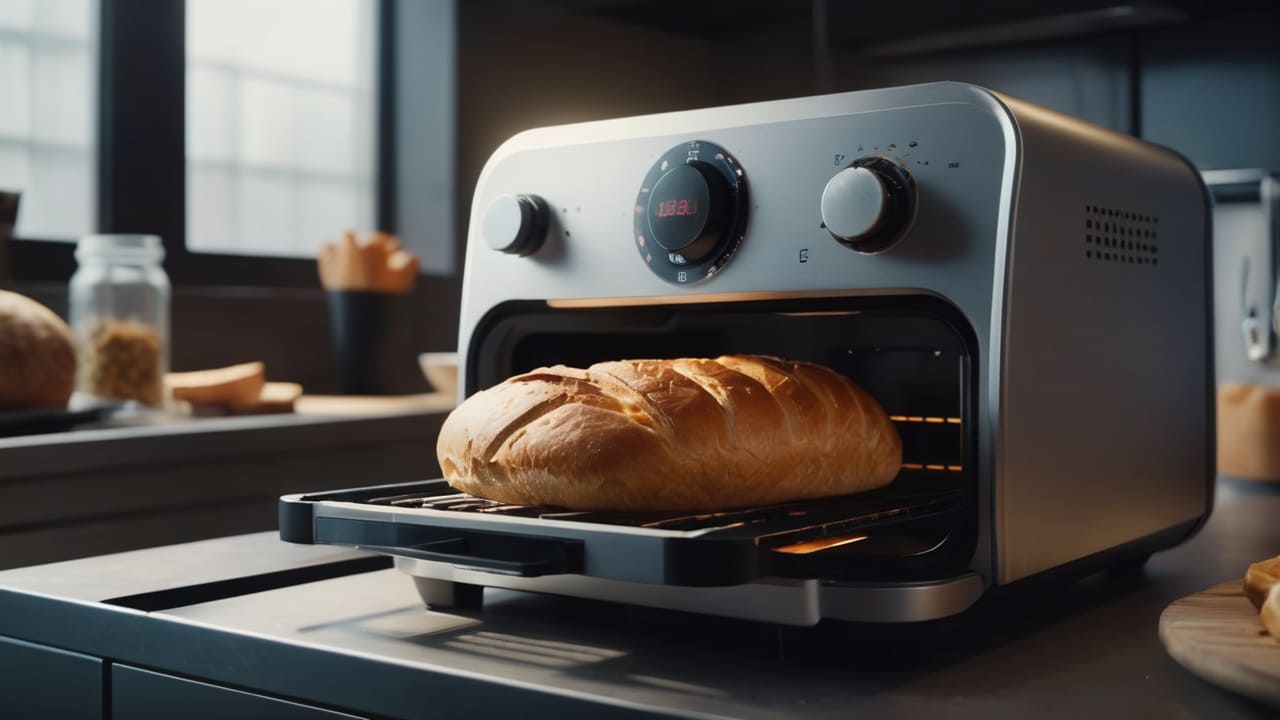
Wondering if a bread maker is worth the investment? This detailed guide explores the benefits, costs, and alternatives, helping you decide if it's the right choice for your kitchen.

Investing in a bread maker can transform your kitchen into a mini bakery, offering fresh, homemade bread at your convenience. Whether you’re a novice or a seasoned baker, the idea of making bread at home is enticing. But is it worth getting a bread maker? Let’s delve into the benefits, costs, and comparisons to help you make an informed decision. And remember, for detailed reviews and recommendations, check out Bestbreadmaker.store for expert insights.
One of the most significant advantages of a bread maker is the convenience it offers. With a bread maker, you can enjoy fresh bread without the manual effort of kneading and monitoring the dough. Simply add the ingredients, set the machine, and let it do the work. This can be a huge time-saver, especially for busy individuals or families.
A bread maker allows you to customize your bread according to your preferences. You can experiment with different flours, add seeds or nuts, and control the ingredients to avoid preservatives and additives commonly found in store-bought bread. This customization is particularly beneficial for those with dietary restrictions or allergies.
While the initial cost of a bread maker might seem high, it can save you money in the long run. The cost of ingredients for homemade bread is generally lower than the price of high-quality, store-bought bread. Over time, the savings can add up, making a bread maker a cost-effective investment.
There’s nothing quite like the taste of freshly baked bread. A bread maker ensures you can enjoy fresh bread at any time. The aroma of baking bread can also be a delightful addition to your home. Freshly baked bread often tastes better than store-bought options, which can be days old by the time they reach your table.

Store-bought bread often contains preservatives and additives to extend shelf life, which can affect the flavor and nutritional value. With a bread maker, you have full control over the ingredients, allowing you to use high-quality, organic products. This can lead to a healthier, more nutritious loaf of bread.
While stores offer a variety of bread, your options can be limited by what’s available at the moment. A bread maker, on the other hand, allows you to bake a wide range of bread types, from classic white and whole wheat to more exotic options like brioche or sourdough. This variety can keep your diet interesting and satisfying.
Buying bread from the store is quick and easy, but it often involves a trip to the supermarket. A bread maker brings the convenience of fresh bread to your home, saving you the time and effort of shopping. It also eliminates the need to plan around store hours.

The price of bread makers can vary widely, ranging from around $50 to several hundred dollars. The cost often depends on the brand, features, and capacity of the machine. High-end models may come with additional features like multiple loaf sizes, crust settings, and even the ability to make jam or yogurt.
The ingredients for homemade bread are relatively inexpensive. Flour, yeast, salt, and water are the basics, with optional add-ins like sugar, butter, and milk. Buying these in bulk can further reduce costs. Additionally, you can source organic or specialty ingredients to enhance the quality of your bread.
Bread makers consume electricity, but they are generally energy-efficient. The cost of running a bread maker is comparable to using an oven for baking but with the added benefit of automation and ease of use.
Maintaining a bread maker involves regular cleaning to ensure it functions properly and lasts longer. Most bread makers come with non-stick pans and removable components, making cleaning straightforward. It’s important to follow the manufacturer’s instructions for care and maintenance.
A good quality bread maker can last for several years with proper care. Investing in a reliable brand and model can provide you with fresh bread for a long time, making it a worthwhile purchase.
Bread makers are designed to be user-friendly. Most models come with intuitive controls and preset programs for different types of bread. This ease of use makes them accessible to beginners and experienced bakers alike.
Many users find great satisfaction in baking their bread. It can be a rewarding hobby and a way to provide wholesome food for the family. The ability to produce bread tailored to your taste and dietary needs adds to the overall satisfaction of owning a bread maker.
Before purchasing a bread maker, consider your baking habits and needs. If you regularly consume bread and enjoy baking, a bread maker can be a valuable addition to your kitchen. However, if you bake infrequently, you might not get as much value from the investment.
Bread makers can be bulky, so consider the available space in your kitchen. Ensure you have enough room to store and use the machine comfortably.
Think about how often you will use the bread maker. If you plan to bake bread frequently, the convenience and cost savings can make it a worthwhile investment. However, if you only bake occasionally, a bread maker might not be necessary.
For detailed reviews and recommendations on the best bread makers, visit Bestbreadmaker.store. This website offers expert insights, comparisons, and guides to help you choose the perfect bread maker for your needs.
Read more:
https://www.peanutblossom.com/blog/bread-maker-worth-it/
https://food52.com/blog/27790-bread-machines-vs-store-bought-bread
In conclusion, a bread maker can be a fantastic addition to your kitchen, offering convenience, customization, and cost savings. It allows you to enjoy fresh, homemade bread tailored to your taste and dietary needs. While the initial investment and maintenance might seem daunting, the long-term benefits often outweigh these considerations. Whether you’re an avid baker or just starting, a bread maker can enhance your culinary experience and bring the joy of baking into your home.